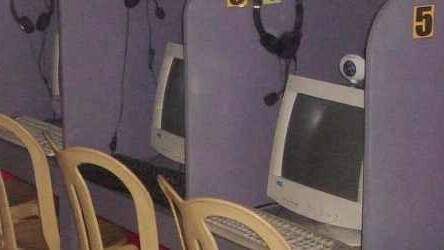
In its latest move, Oman’s Telecom Authority is sending a very clear message – online anonymity in Oman is not an option. At least, if you’re going online in an Internet cafe that is.
The Omani governmental department has put a rule into effect making it mandatory for Internet-cafe owners to send details of their customers on a weekly basis. Keeping a record of all customers was always a requirement, but one which was largely ignored. Now, owners have no choice.
While the Telecom Authority is convinced that everyone knows about the rule, according to a report in Muscat Daily, some owners had no idea that sharing customer details was required of them.
This is not the first attempt in the Middle East to keep tabs on public Internet activity. Other countries in the region implemented this rule years ago, with Egypt’s Ministry of Interior ordering Internet-cafe owners to keep a record of their customers in 2005. Not to be outdone by anyone else, the Ministry took it one step further in 2008, demanding that customers provide their names, email addresses and phone numbers in order to get online in the first place.
In Syria, it’s not surprising that running, let alone opening, an Internet cafe is no easy feat. From difficult licensing procedures to censorship and security regulations, the Syrian authorities make running an Internet cafe a risky business. Some instances have also been reported of authorities asking owners to spy on their clientele.
Internet cafes, while all but defunct in Europe and the US, are still widely used in the region, for economic and political reasons. The latter however has led to Internet cafes becoming a target, because they give activists an easy and untraceable way to get online.
In Oman, Internet-cafe owners who are known to offer Voice over Internet Protocol (VoIP) services also face the possibility of a 2-year prison sentence and a fine of up to $130,000, since the public service was banned in 2007.
Get the TNW newsletter
Get the most important tech news in your inbox each week.




